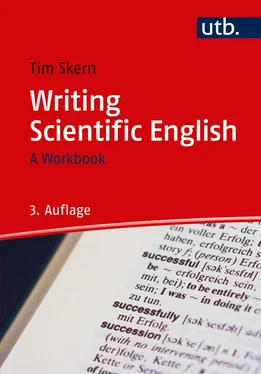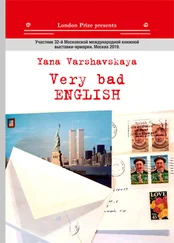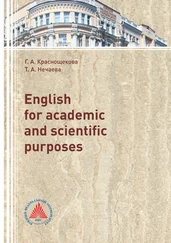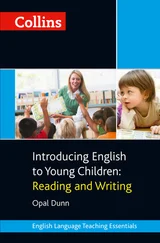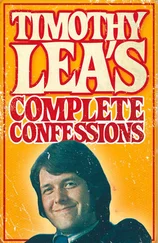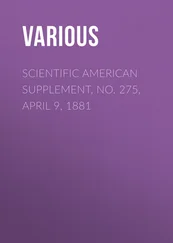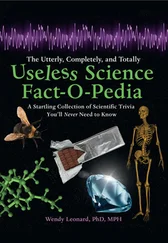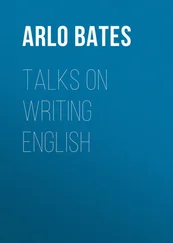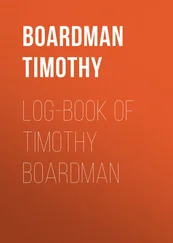| utb 3112 |
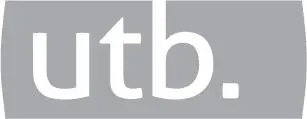 |
Eine Arbeitsgemeinschaft der Verlage
Böhlau Verlag • Wien • Köln • Weimar
Verlag Barbara Budrich • Opladen • Toronto
facultas • Wien
Wilhelm Fink • Paderborn
Narr Francke Attempto Verlag • Tübingen
Haupt Verlag • Bern
Verlag Julius Klinkhardt • Bad Heilbrunn
Mohr Siebeck • Tübingen
Ernst Reinhardt Verlag • München
Ferdinand Schöningh • Paderborn
Eugen Ulmer Verlag • Stuttgart
UVK Verlag • München
Vandenhoeck & Ruprecht • Göttingen
Waxmann • Münster • New York
wbv Publikation • Bielefeld
Tim Skern
Writing Scientific English
A Workbook
3 rdedition
facultas.wuv
Tim Skern,a native English speaker, studied biochemistry in Liverpool and London. Now working at the Max Perutz Labs, he has been teaching scientific English at the University of Vienna and the Medical University of Vienna since 1992. In 2018, he became Editor-in-Chief of Archives of Virology.
Tim Skern is the author of “Coffee House Notes on Virology” (Facultas Verlag) and “Exploring Protein Structure: Principles and Practice” (Springer).
In Memoriam Ernst Küchler, der mir
das wissenschaftliche Schreiben beibrachte:
Da hapert’s! Da hat’s was!
Bibliografische Information Der Deutschen Nationalbibliothek
Die Deutsche Nationalbibliothek verzeichnet diese Publikation in der
Deutschen Nationalbibliografie; detaillierte bibliografische Daten sind im Internet über http://dnb.d-nb.deabrufbar.
3. Auflage 2019
© 2011 Facultas Verlags- und Buchhandels AG
facultas.wuv Universitätsverlag, Berggasse 5, A-1090 Wien
Alle Rechte, insbesondere das Recht der Vervielfältigung und der Verbreitung sowie der Übersetzung, sind vorbehalten.
Lektorat: Robert Chionis
Typografie und Satz: Michael Karner, www.typografie.co.at
Einbandgestaltung: Atelier Reichert, Stuttgart
Druck und Bindung: CPI – Ebner & Spiegel, Ulm
Printed in Germany
UTB-Band-Nr.: 3112
ISBN 978-3-8252-5066-9
eISBN 978-3-8463-5066-9
In 1992, I started to teach “Writing and Speaking Scientific English” at the University of Vienna. My qualifications included English as a native tongue as well as experience of writing my own scientific manuscripts and correcting those of others. I had also given some scientific talks and listened to considerably more. That was all. I was ignorant about how to begin teaching scientific English. I had no idea about the specific problems faced by the students, whether I should take their scientific and cultural backgrounds into account or how I should go about improving their standard. Somehow, the students and I survived and profited from the first course. During that first course and later in subsequent ones, I came to recognise that the students, independent of their various scientific and cultural backgrounds, shared many common problems in writing scientific English. To address these problems, I developed a series of guidelines and exercises to turn, as rapidly as possible, the students' school English into the formal English required for scientific texts. These guidelines and exercises, modified over the years to incorporate ideas on avoiding plagiarism, form the first part of this workbook.
The second part of this book uses work from former students to illustrate how to improve the first draft of a scientific text. This skill, essential to scientific writing, is one that almost every student who has taken the course needed to reflect on and to practise. I know from my own experience how difficult it is to improve a text written in a language other than one's native tongue. I hope that the exercises will be an asset to the reader in becoming proficient in improving scientific texts in English.
I would like to take this opportunity to thank all of the students, colleagues, friends and family members without whose support both course and workbook would not have seen the light of day. A very special thank-you goes to the 21 students who responded so quickly and positively to my request to be able to use their work. Their texts add an unconventional feature to the book. Without them, this would be just another book on writing scientific English. Special mention also goes to my colleagues Rainer Prohaska, who first suggested that I teach a course on scientific English, and Hannes Klump, who suggested writing a workbook.
I would like to express my gratitude to Tanja Kostic", Brooke Morriswood and Petra Schlick whose efforts greatly enhanced the quality and scope of the book. Tanja typed in the work of the former students and was instrumental in finding a way to show how the texts had been improved. She also made a significant contribution to the content and appearance of the model manuscript in chapter 4
. Brooke did his best to make me kick the professorial habit of preaching and ensured that I remained steadfast in omitting needless words. Petra very carefully proofread the exercises and their improvements and put forward other numerous suggestions to strengthen the book. All three corrected innumerable errors and blunders. Those that remain are entirely my responsibility.
I also would like to specifically thank the following for their important contributions to the book: Martin Breuss, Susanne Dormayer, Maria Kalyna, Martina Kurz, Sergei Lapato, Julia Leodolter, Zdravko Lorkovic, Christiane Mair, Elisabeth Malle, Evelyn Missbach, Anna Mitterer, Angelika Mühlebner, David Neubauer, Sanda Pasc, Marianne Popp, Lucia T. Riedmann, Betty Skern, Marina Skern, Margarita Smidt, Lena Sokol, Jutta Steinberger, Friederike Turnowsky, Graham Warren, Philippa Warren, Junping Zhu and Melanie Zwirn.
Christian Kaier of Facultas AG efficiently shepherded the book through the production stages. Michael Karner performed wonders with the layout and remained commendably patient with my sometimes impossible requests. Robert Chionis not only carefully proofread the manuscript but also contributed to the clarity of the book and eliminated numerous Germanisms. I am grateful to all of you.
The idea for the content of the model manuscript was conceived during various visits to Cape Town. In return for this inspiration, all of my proceeds from this book will go to support Monwabisi Magoqi, a teacher on HIV and counsellor to AIDS patients in Khayelitsha near Cape Town. Supporting Monwa is a more effective way of fighting AIDS than any research I might ever do.
Tim Skern, Cape Town, August 2008
Preface to the second edition
His speech is like an entangled chain; not impaired, but completely disordered.
W. SHAKESPEARE (A Mid-Summer Night's Dream)
Amongst the feedback from the first edition were two suggestions for material for the second edition. The first was to expand on the idea that the writing of a scientific manuscript begins during the planning and execution of the experiments. The new chapter 6
grew out of this suggestion and contains more of my thoughts on this theme. The second idea was to provide support for pronouncing scientific English and giving scientific presentations in English. My hints and guidelines on these topics can be found in the DVD at the back of the book.
Alwin Köhler, Tanja Kostic, Brooke Morriswood, Ortrun Mittelsten Scheid, Ulrike Seifert and Graham Warren gave invaluable support in the development of the new chapter. I am grateful to Christian Kaier, Walter Größbauer and Josef Wagner for their professional production of the DVD, to Jennifer L. Boots for the audio file with the American pronunciation and Lucia T. Riedmann for the drawings that form the background to the credits. Very special thanks go to Martina Dötsch who was such an enthusiastic partner in the dialogue on speaking scientific English. I am grateful to the Medical University of Vienna for permission to film my lecture on “Communicating Science in English”.
Читать дальше
